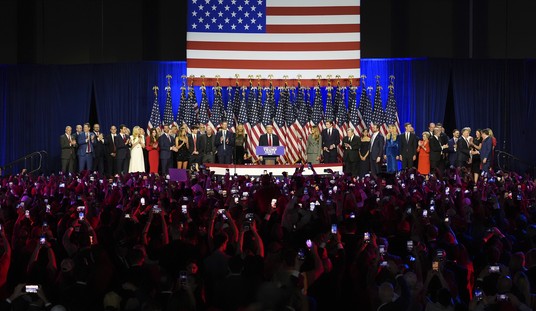Sens. Joe Manchin (D-W.Va.) and David Vitter (R-La.) are delving into whether pay-to-play activity had a role in the approval of a controversial new painkiller that is up to 10 times stronger than Vicodin.
Reports indicated that the School of Medicine and Dentistry at the University of Rochester hosted meetings between pharmaceutical manufacturers and Food and Drug Administration (FDA) officials at which industry representatives paid upwards of $25,000-$35,000.
The FDA ended up approving Zohydro, which contains hydrocodone without acetaminophen, despite the FDA’s own Anesthetic and Analgesic Drug Products Advisory Committee shooting down approval 11-2. The FDA has received statements of opposition from healthcare groups, addiction treatment specialists, 29 state attorneys general, and members of Congress.
“We have expressed to FDA Commissioner Margaret Hamburg our dismay with these pay-to-play meetings and the role they may have played in FDA’s failure to protect and promote public health through the regulation and supervision of prescription painkillers. The FDA’s approval process should not compromise patient safety for financial gain,” Manchin and Vitter wrote to the school’s dean, Dr. Mark Taubman.
“We are also troubled by the role the pay-to-play meetings may have played in the recent approval of Zohydro ER, a controversial new prescription painkiller. Zohydro ER has up to 10 times as much hydrocodone as Vicodin and Lortab and will come in a formulation that can be easily crushed, snorted and injected.”
To further their investigation into the pay-to-play allegations, the senators asked that the dean provide no later than March 30 “a detailed account of all payments/transfers received by your institution from pharmaceutical companies in relation to pain conferences for the period of 2001 to the present.”
They also want details on the meetings including lists of attendees, any honorariums paid, food and beverage expenses, and more.
Citing the rampant prescription drug abuse in his home state, Manchin has been lobbying for reclassification of Vicodin as a Schedule II controlled substance. That would put the common prescription pain reliever in the same category as cocaine, amphetamines, opium and morphine.
Back in 2012, Manchin first introduced an amendment to the Food and Drug Administration Safety and Innovation Act to reschedule hydrocodone. It passed by unanimous consent but was pulled out in the version passed by the House.
Last year, five pharmacy groups sent a letter to Manchin and his supporters opposing the reclassification: the American Pharmacists Association, the Food Marketing Institute, the International Academy of Compounding Pharmacists, the National Association of Chain Drug Stores, and the National Community Pharmacists Association.
“Moving all of these hydrocodone products to Schedule II will result in significant barriers for patients who have a legitimate need for these products, and it will result in adding to the nation’s healthcare costs with no assurance of a reduction in diversion and abuse,” they wrote.









Join the conversation as a VIP Member